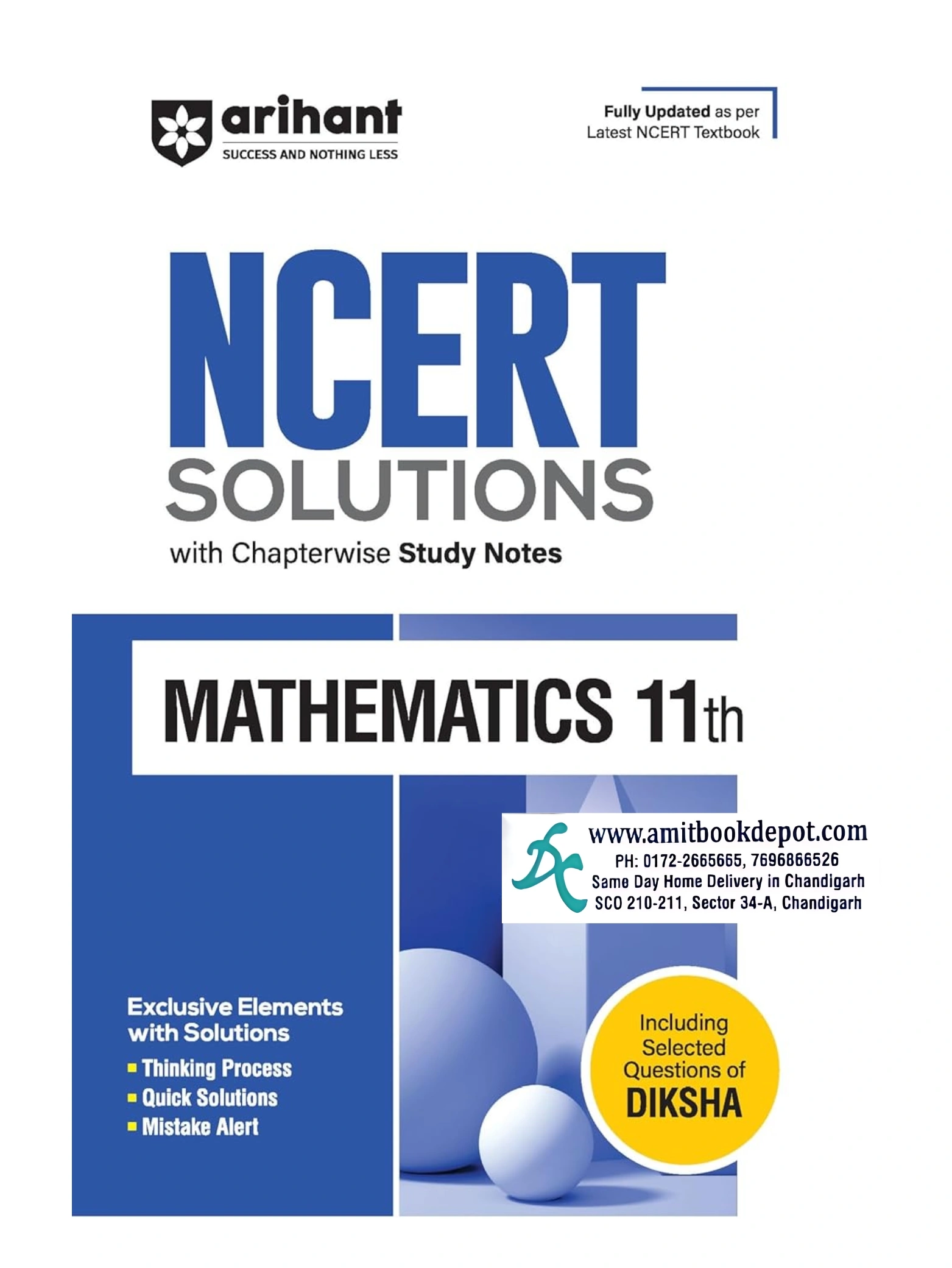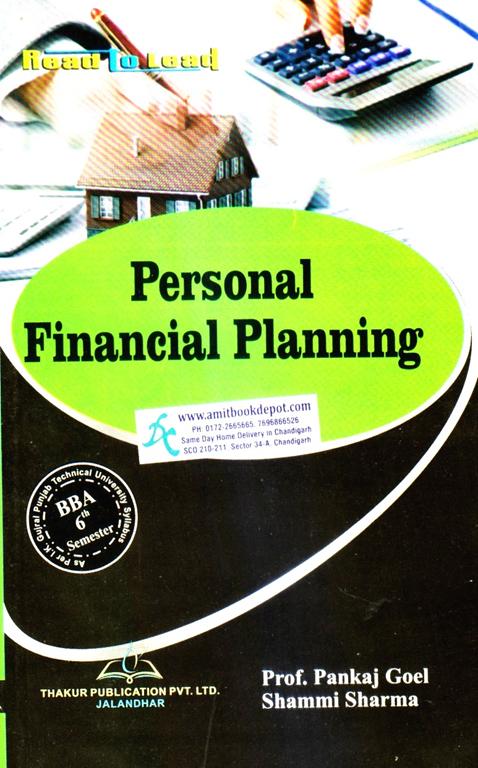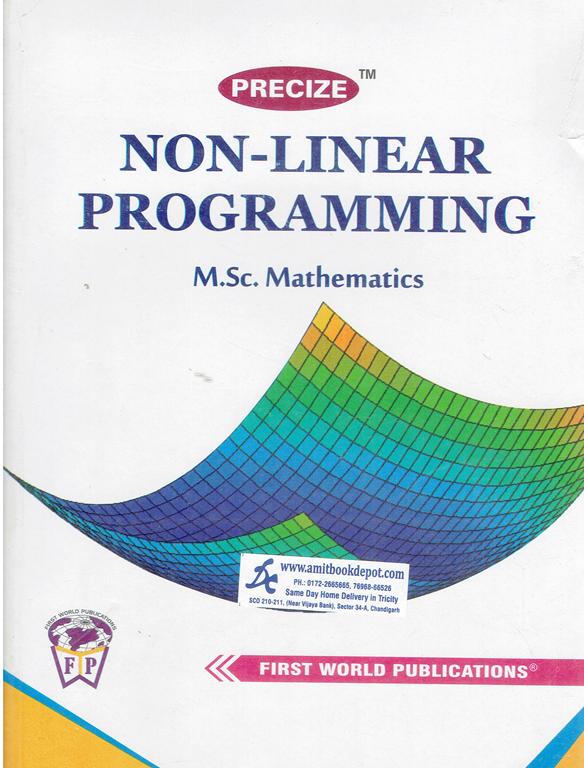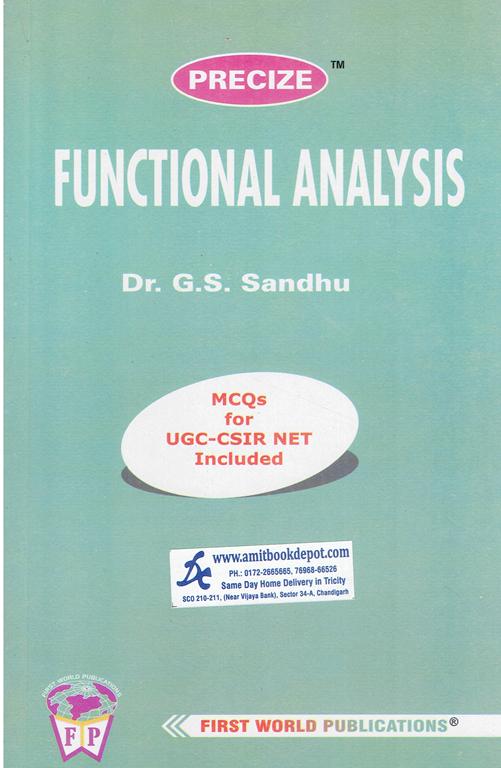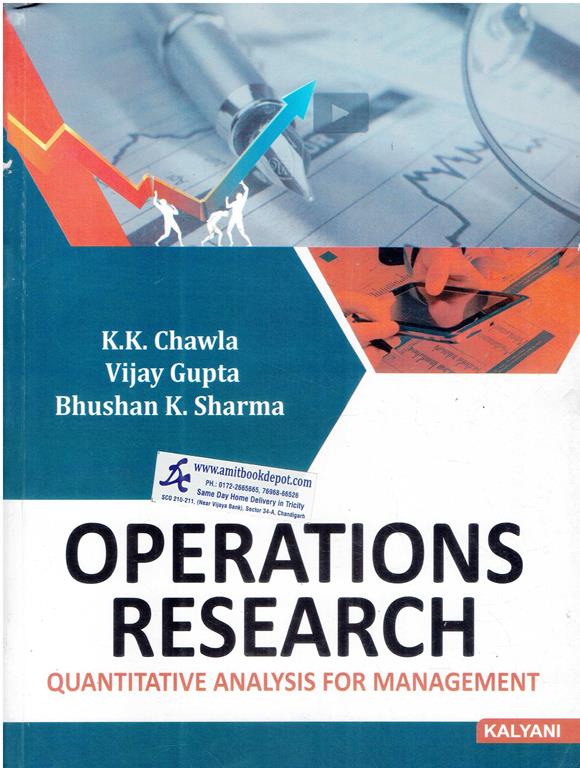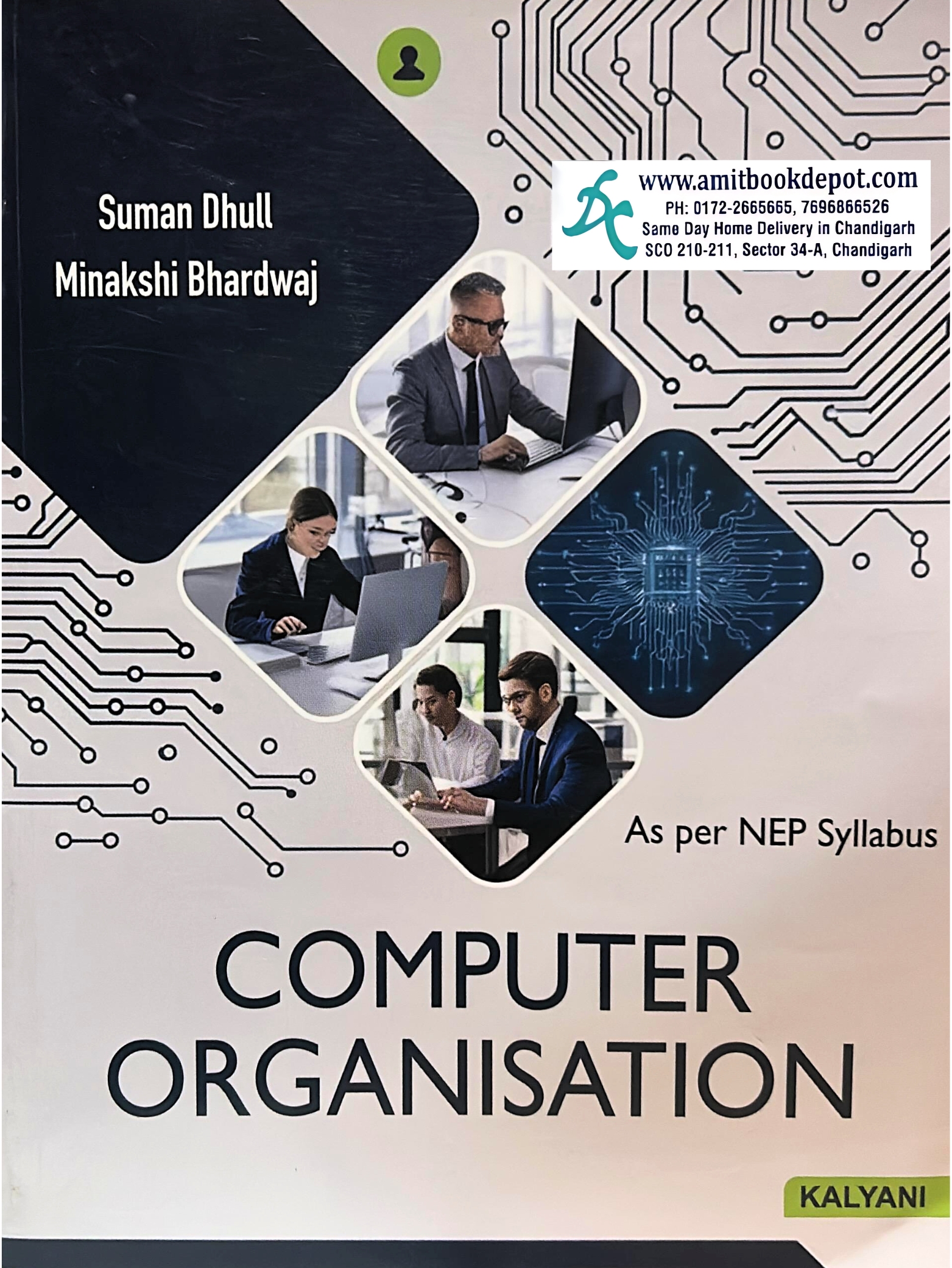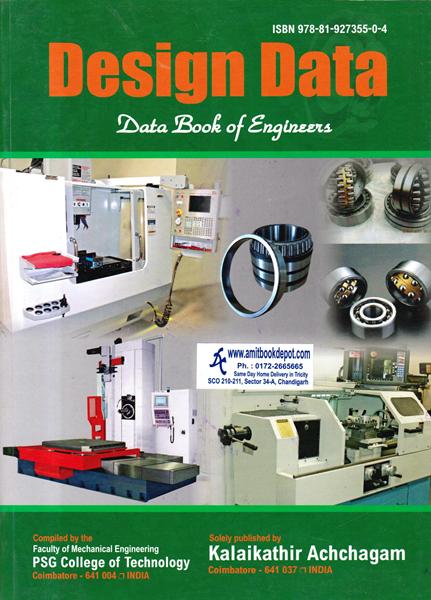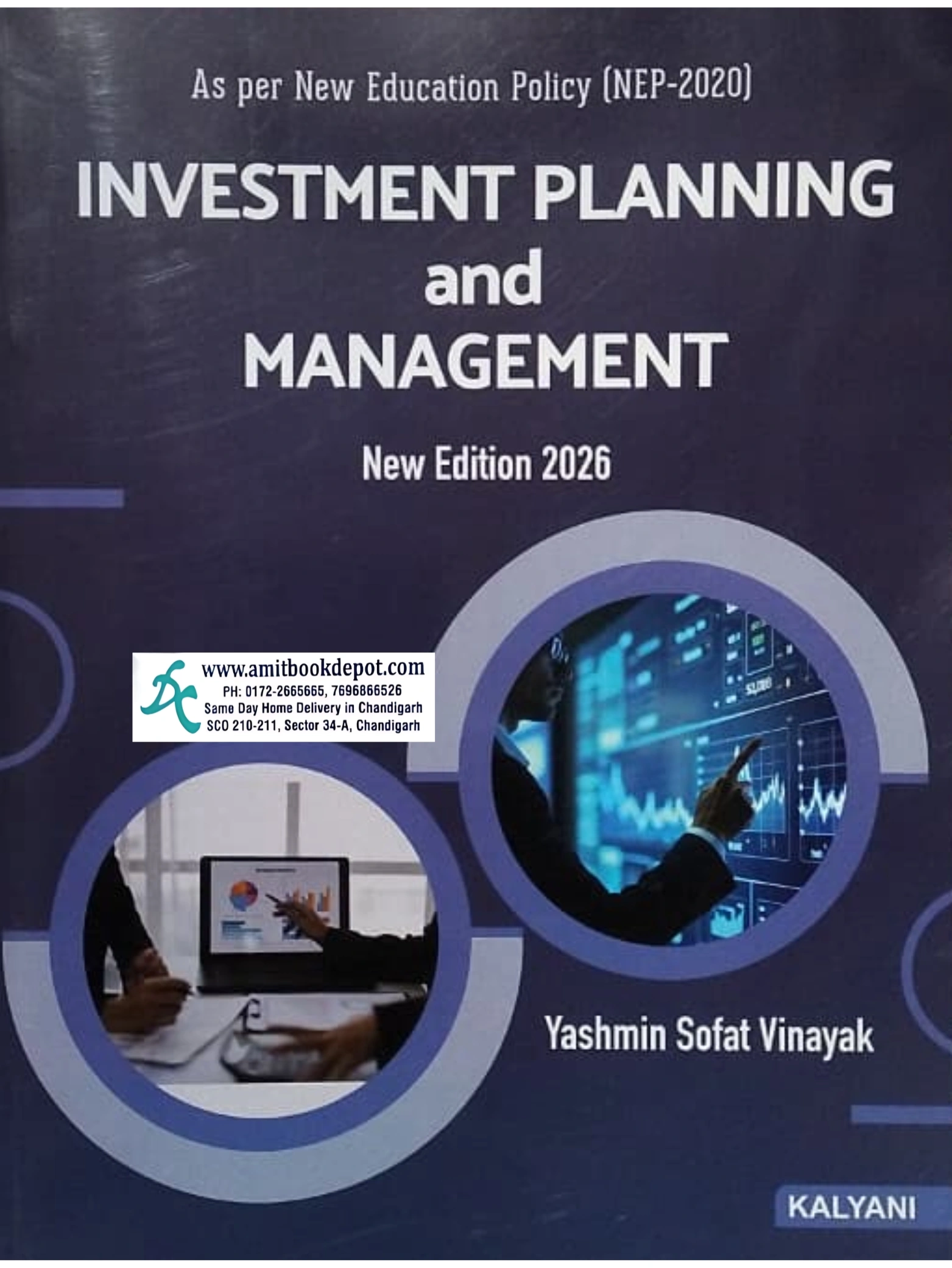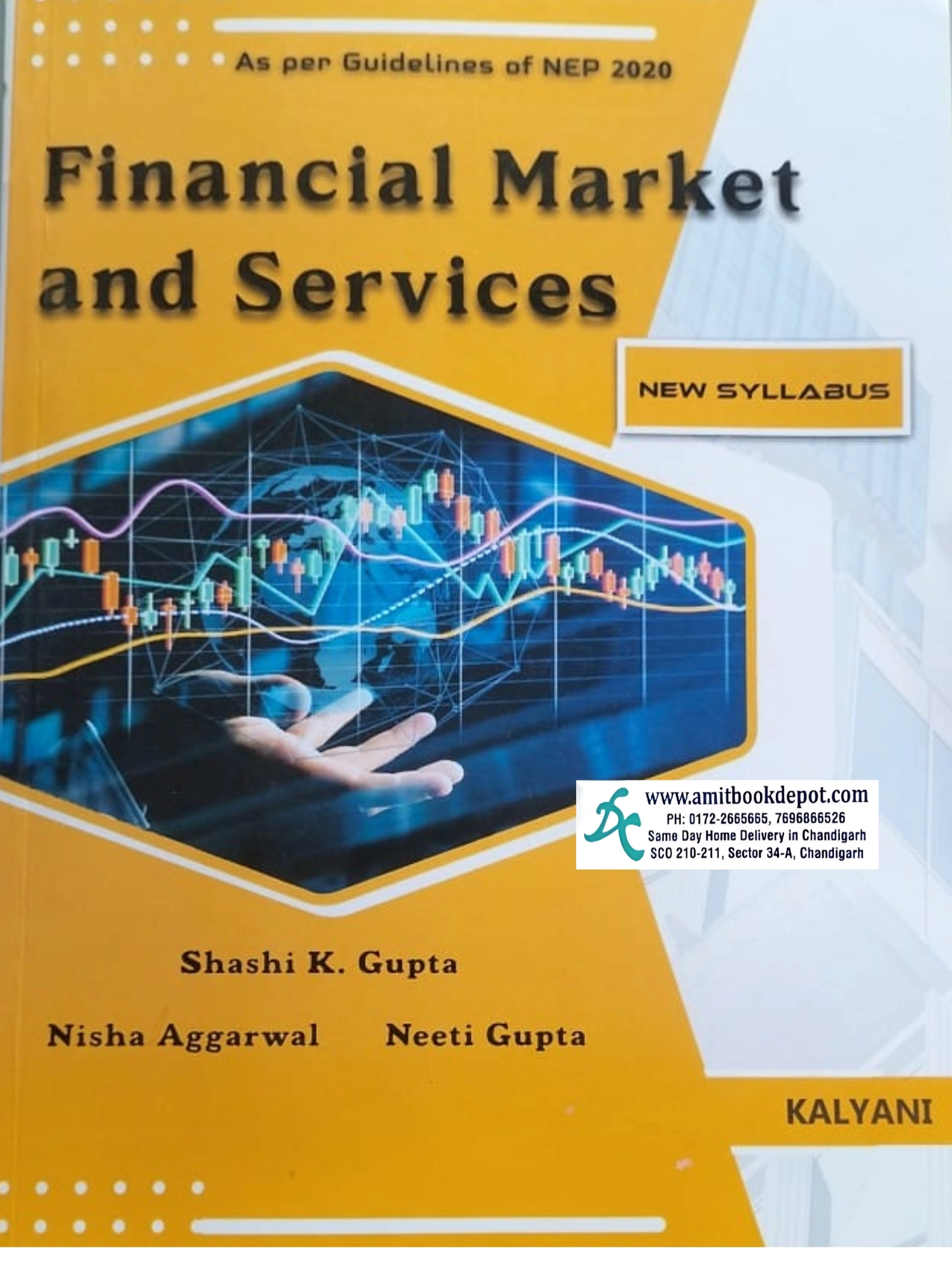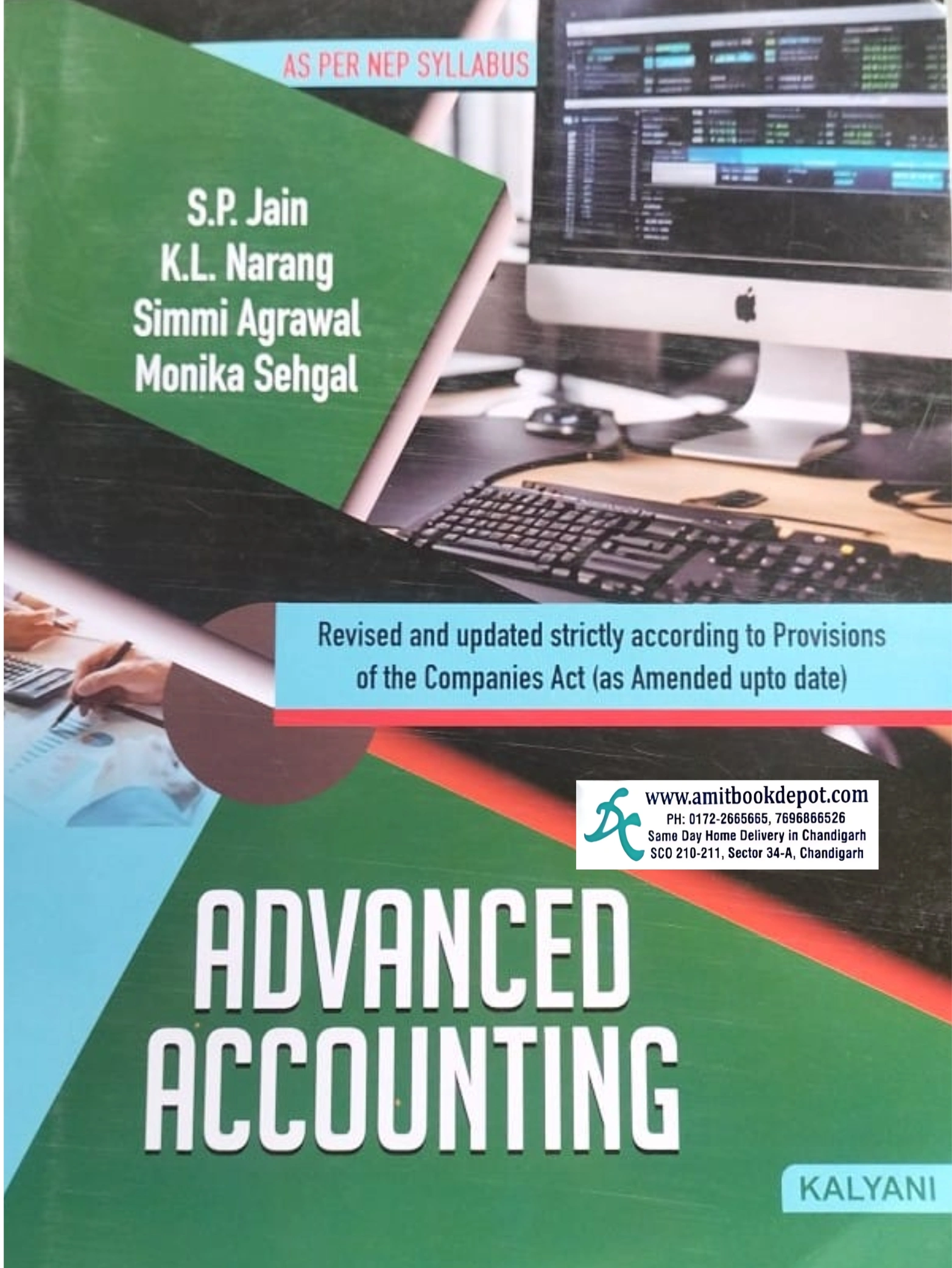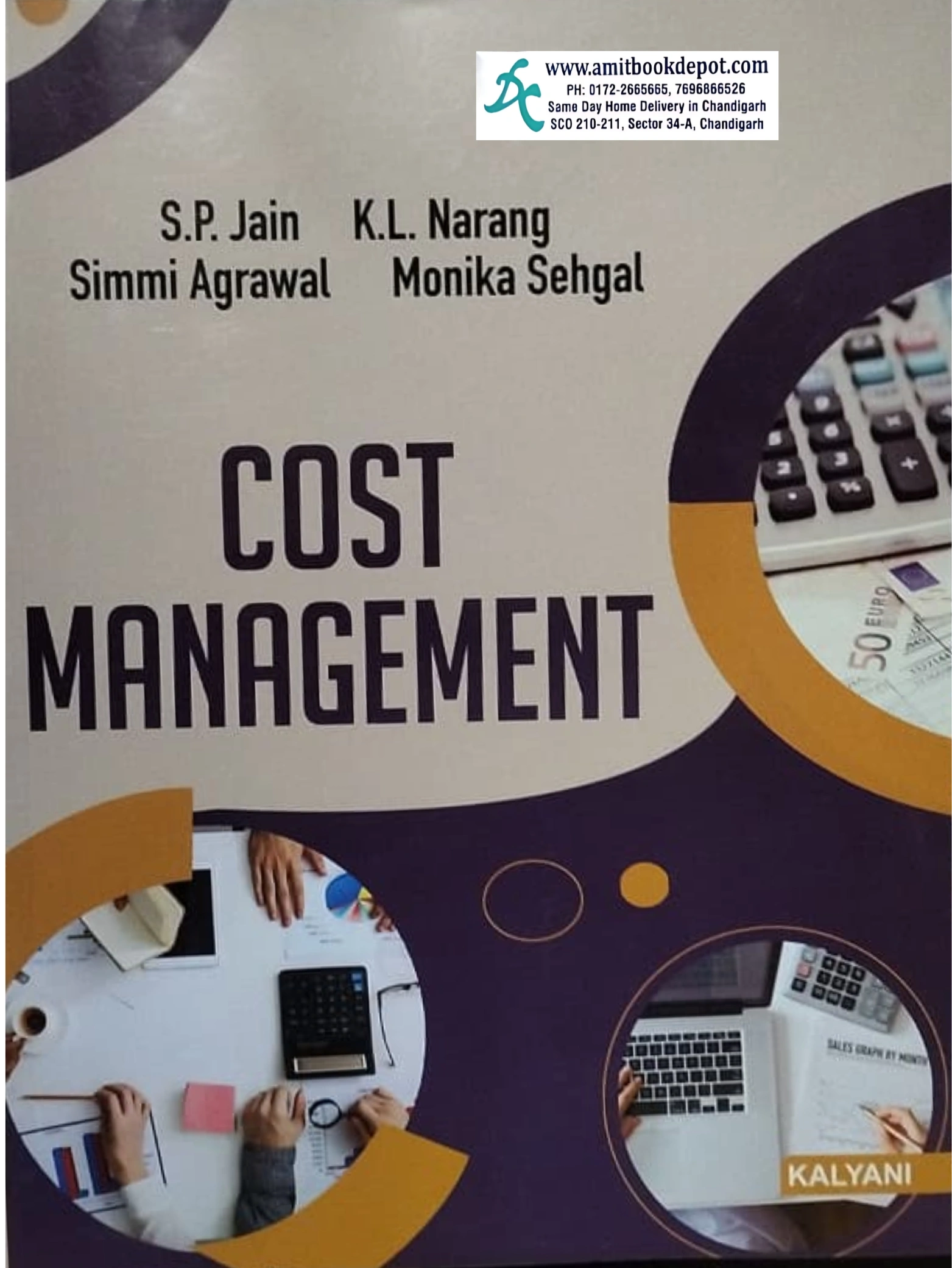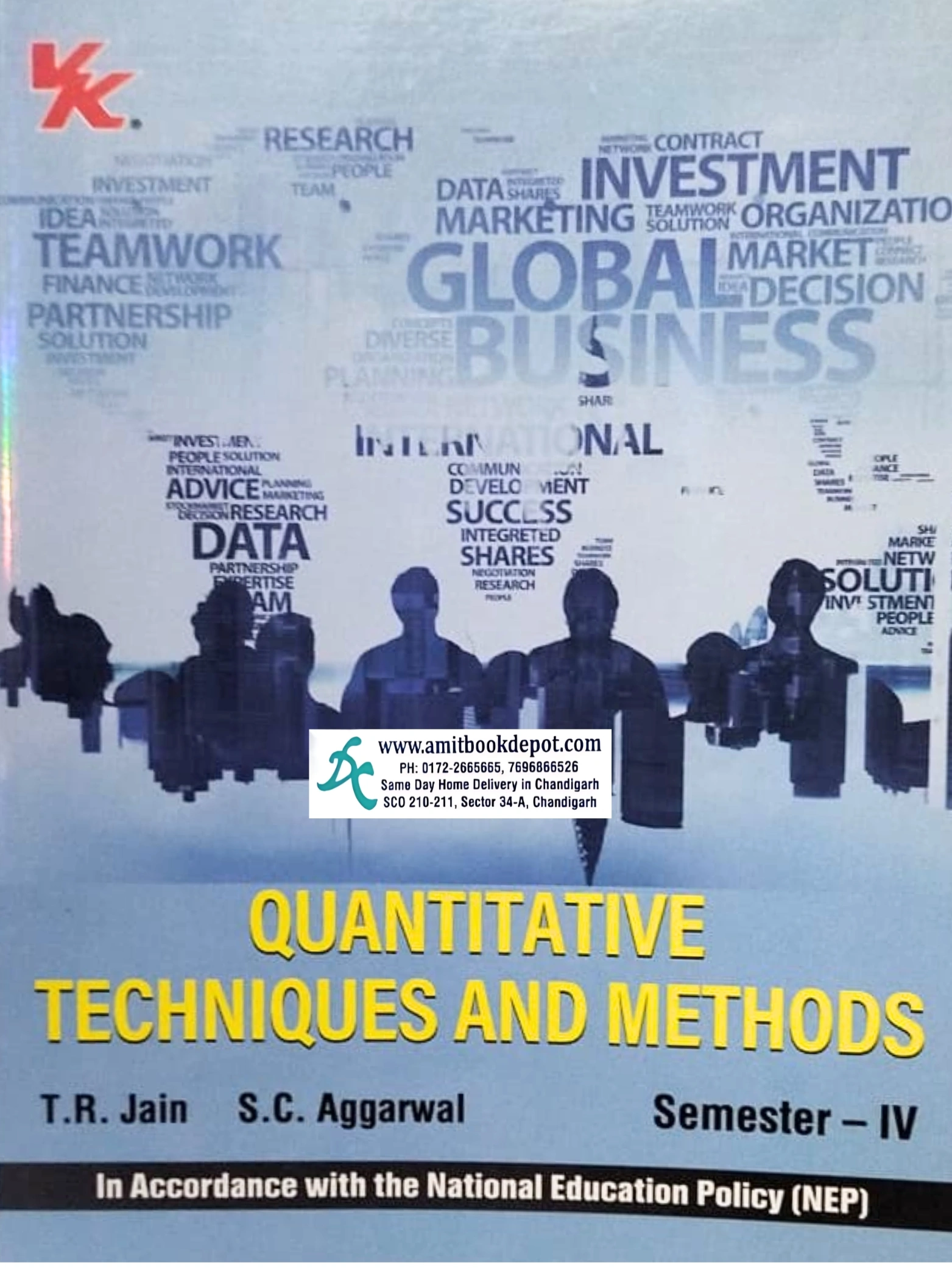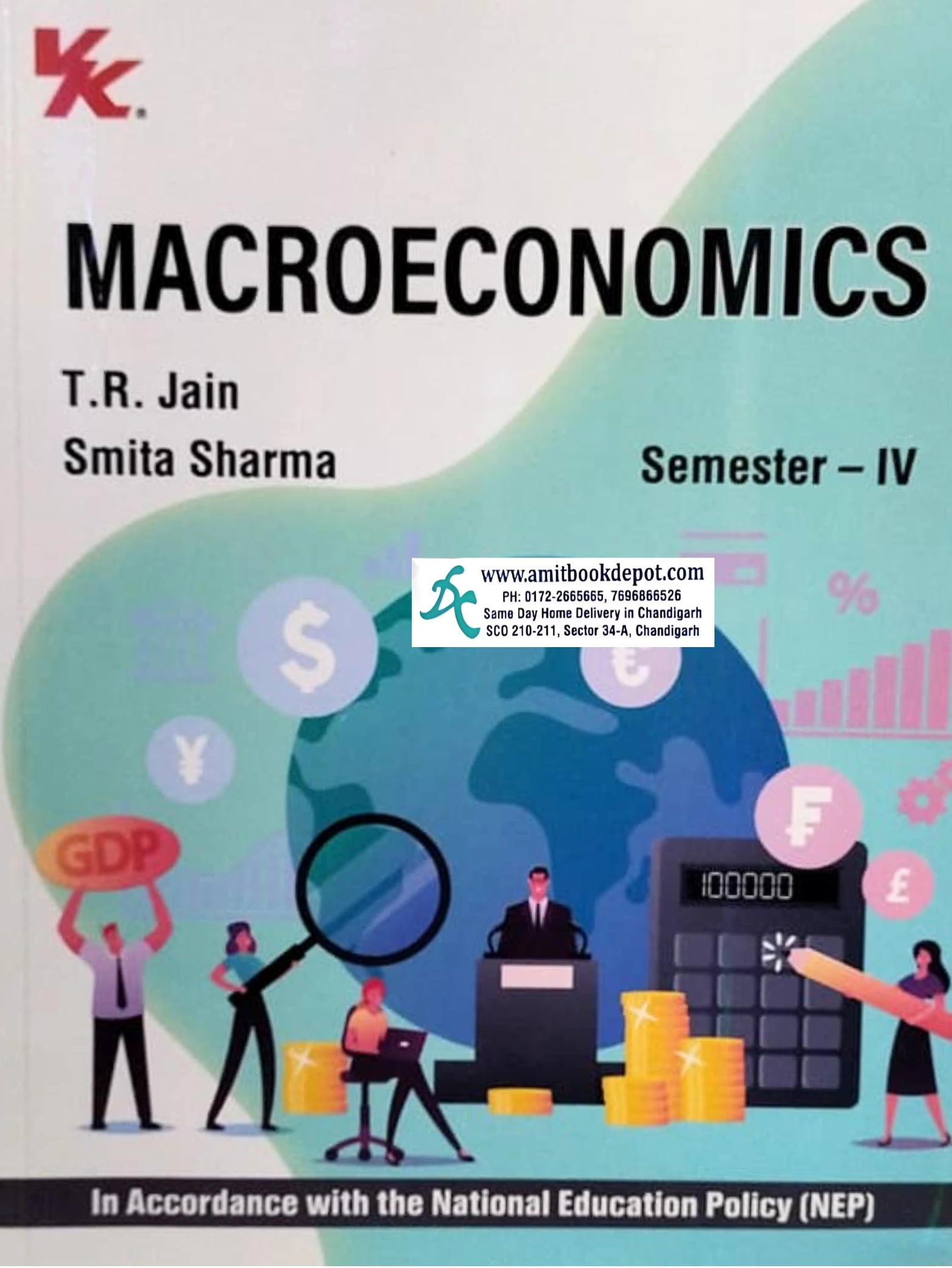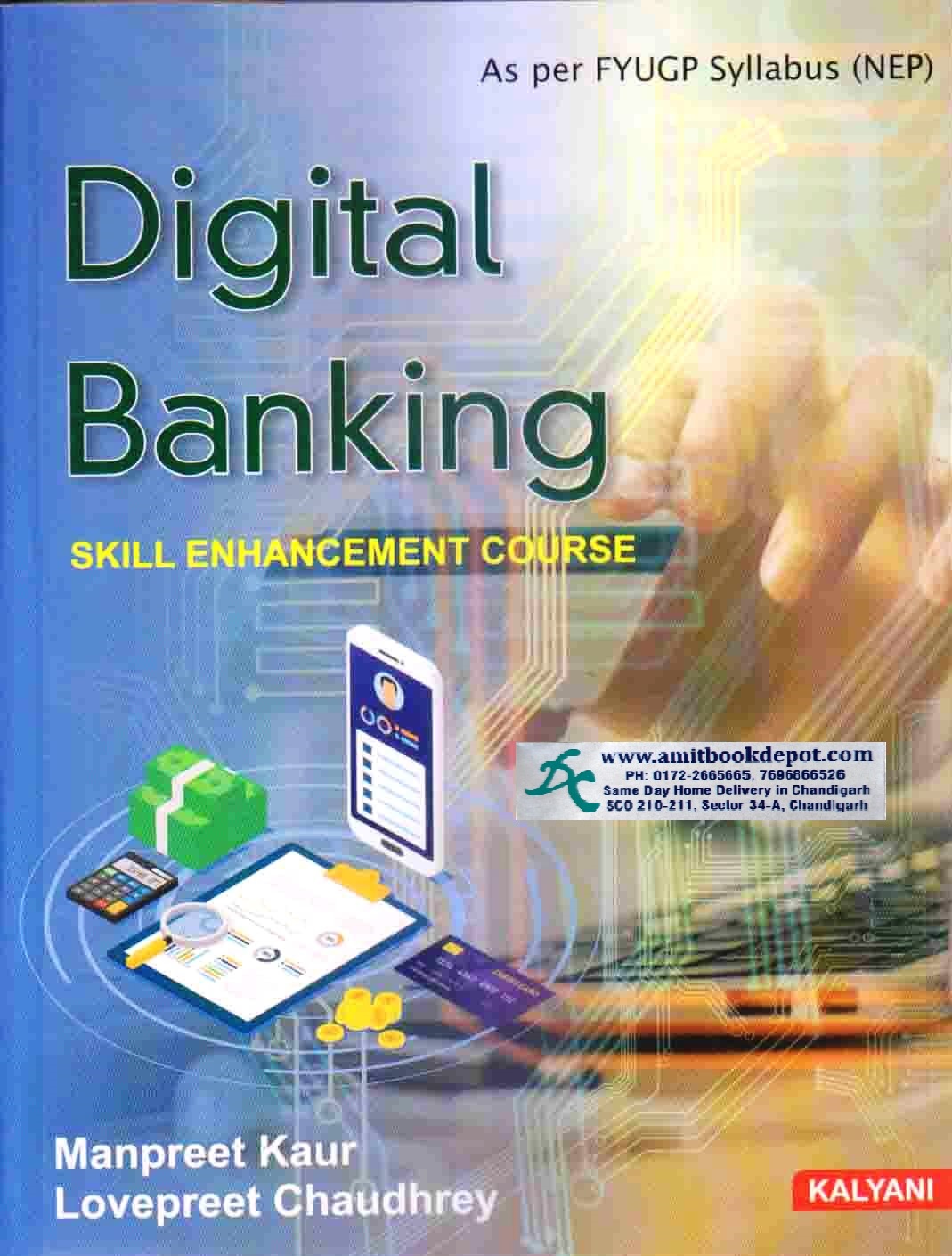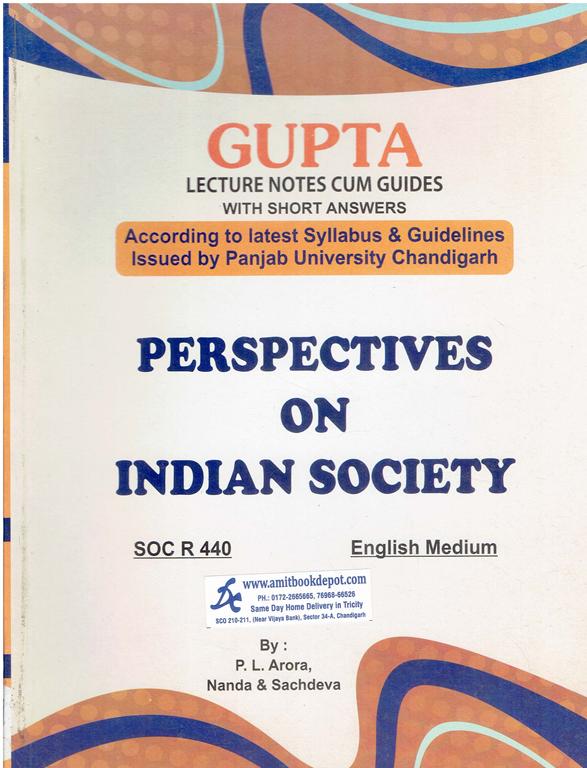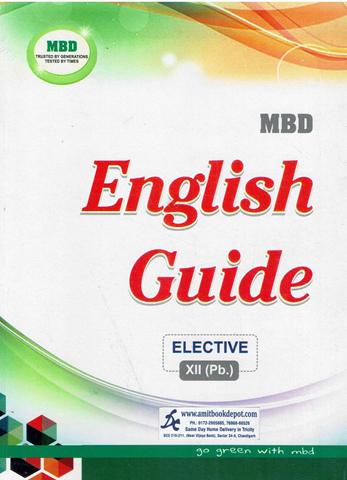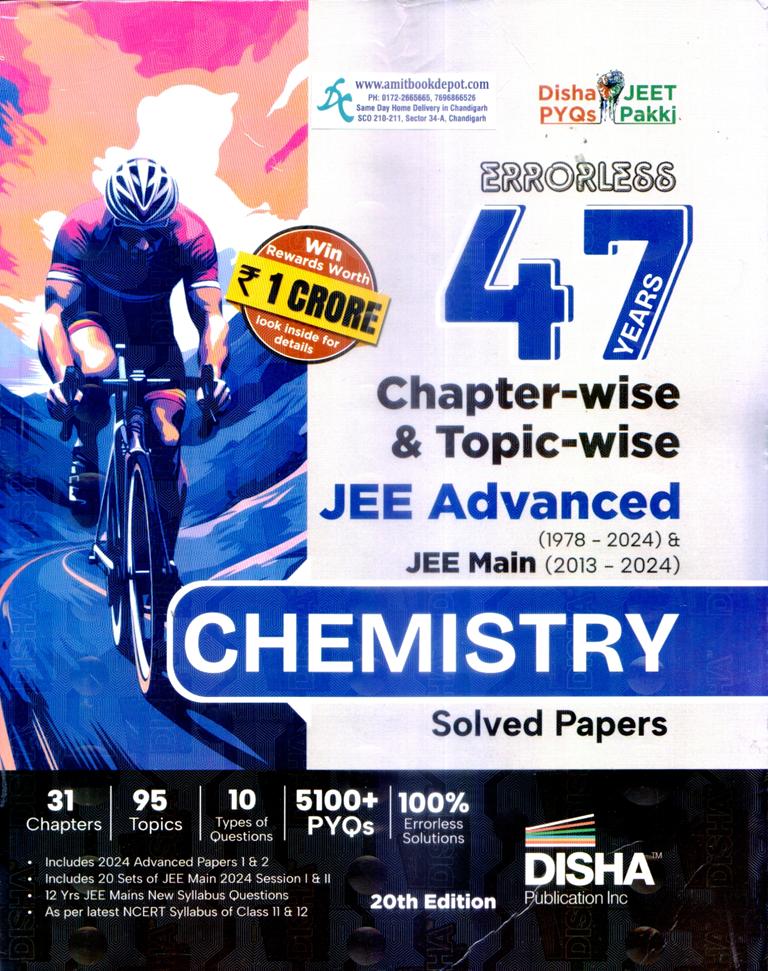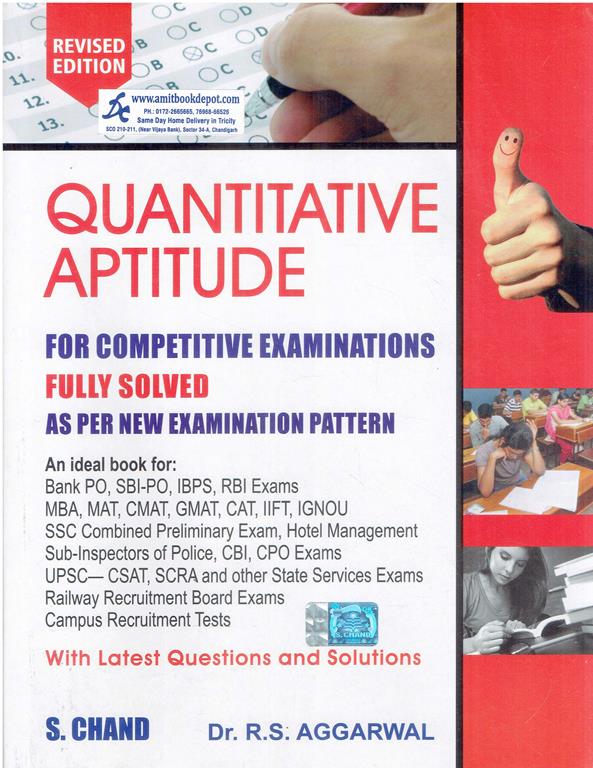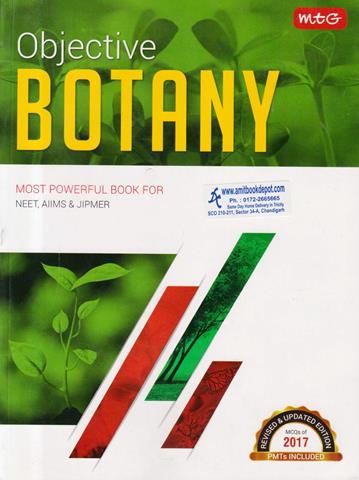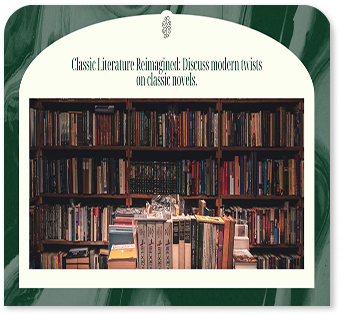MBA 924-18 Retail Management
Course Objectives: This course enables students to understand the evolution of retailing and the strategic role of retailing in the distribution of consumer goods and services. The content of the course is useful for students interested in a retail career, working for companies that interface with retailers, or interested in owning or running a retail business.
Course Outcomes: After studying this course, the students should be able to:
CO1: Understand opportunities and challenges in retail management and retail management decision process.
CO2: Examine various types of retail formats and comprehend the application of theories of retail development on business models in retail.
CO3: Discuss and apply various function of store management.
CO4: Recognize the importance of store design and apply the concepts of store design to determine store layout and merchandising.
CO5: Understand the importance of customer service in improving retail service qualities.
CO6: Describe the applications of IT in retailing.
Unit - I
Introduction to Retailing: Economic Significance, Opportunities in Retailing, Retail Management Decision Process
Retailing in India: Evolution of Retail in India, Drivers of Retail Change and Challenges to Retail Development in India.
Unit-II
Types of retailers: Food Retailers, General Merchandise Retailers, Non-Store Retail Formats, Services Retailing, Types of Ownership.
Retail Models & Theories of Retail Development: Evolution of Retail Formats, Theories of Retail Development, Concept of Life cycle in Retail, Business Models in Retail
Unit-III
Managing the Store: Store Management Responsibilities, Recruiting & Selecting Store Employees, Socializing & Training New Store Employees Motivating, Managing & Evaluating Store Employees.
Store Layout, Design & Visual Merchandising: Objectives of Good Store Design, Store Layout. Space Planning and Merchandise Presentation Techniques.
Atmospherics.
Unit-IV
Customer Service: Strategic Advantages Through Customer Service, Customer Evaluation of Service Quality, GAPS Model for improving Retail Service Quality.
Application of IT to Retailing: Growing Role of IT in Retailing, IT for Competitive Advantage, Data Mining, Database Marketing, Business Intelligence. International Retailing: International Retail Structures, Multi Chain Integration.
Note: Relevant Case Studies should be discussed in class

